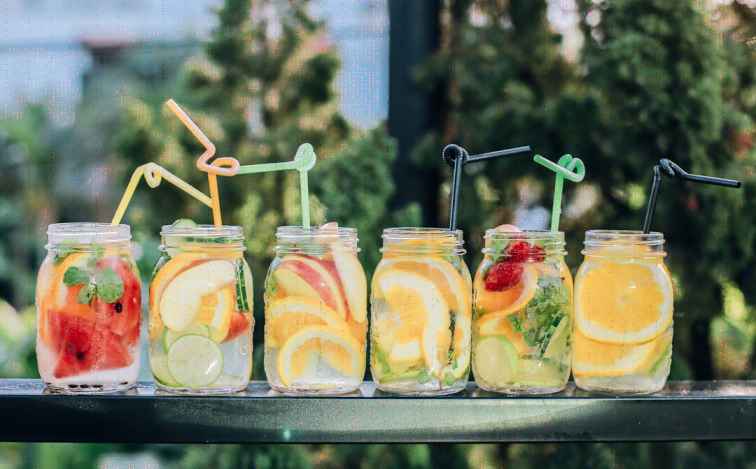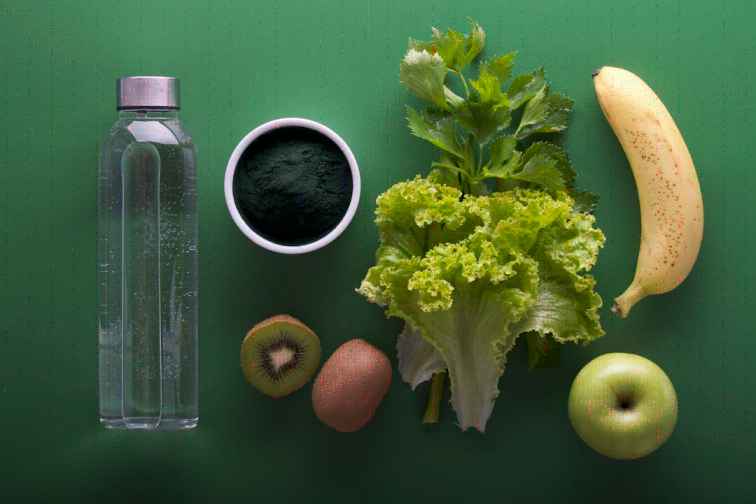As our days become increasingly bustling with activity, the quest for convenient sources of nutrition and vitality has led to the burgeoning popularity of wellness drinks. These beverages promise not only to quench thirst but also to provide a myriad of health benefits, from boosting energy to supporting immune function. But what exactly falls under the category of wellness drinks, and how can these concoctions contribute to overall health? Keep reading to delve into the world of wellness beverages, discover their potential benefits, and learn how they can fit into a balanced lifestyle.
Understanding Wellness Drinks: Definition and Key Components

Wellness drinks are diverse beverages crafted to promote or sustain health, prioritizing natural ingredients over artificial additives. Infused with vitamins, minerals, herbs, and nutrients, they aim to enhance overall well-being. These drinks often feature superfoods like acai berries, turmeric, and matcha, renowned for their antioxidant properties. Probiotics, found in beverages like kombucha and kefir, promote digestive health by balancing gut bacteria.
Hydration is key, with options like coconut water and electrolyte-infused drinks replenishing fluids and nutrients, especially after exercise or illness. From chlorophyll-rich green juices to protein-packed smoothies, wellness drinks offer a convenient way to support health, their liquid form facilitating efficient nutrient absorption for busy lifestyles.
The Science Behind Wellness Beverages and Nutritional Benefits
Wellness drinks often tout scientific support for their health benefits, formulated based on nutrient research. Essential components like magnesium and potassium support muscle and nerve function, while vitamins like C and E bolster the immune system and skin health. Some wellness drinks include fiber-rich ingredients like chia seeds and psyllium husk, promoting satiety and aiding digestion. Research suggests that high-fiber diets lower the risk of chronic diseases.
Antioxidants are crucial in wellness beverages, countering cell damage caused by free radicals. Ingredients like green tea extract and berries provide antioxidants, supporting the body’s natural defenses. Adaptogens, like ginseng and ashwagandha, are gaining traction for their supposed stress-resisting abilities, though effects can vary.
Types of Wellness Drinks and Their Specific Health Claims
In today’s market, a plethora of wellness drinks cater to specific health needs. Detox teas promise to cleanse the body and boost liver function, while energy shots provide a quick alertness boost with ingredients like caffeine and guarana. Adaptogenic tonics focus on balancing hormones and managing stress through herbal adaptogens. Immunity-boosting beverages containing zinc, elderberry, and vitamin C are popular during cold and flu season.
Bone broths are touted for joint health, skin elasticity, and digestion due to their collagen content. Sleep aids, blending melatonin, chamomile, and lavender, offer a natural solution for better sleep quality. These beverages prioritize both functionality and enjoyable flavors for a satisfying experience.
How to Integrate Wellness Drinks into a Healthy Lifestyle

Incorporating wellness drinks into your daily routine can significantly enhance your nutritional intake and overall well-being.
Starting your day with a fortified smoothie provides a convenient and nutrient-packed option, delivering essential servings of fruits, vegetables, and proteins. For a midday pick-me-up, consider opting for a probiotic-rich beverage like kombucha. Not only does it aid digestion, but it also offers a fizzy alternative to sugary sodas, reducing calorie intake while adding nutritional value.
After a workout, replenish your body with a post-workout wellness drink containing electrolytes and amino acids. These beverages are tailored to support recovery and muscle repair, addressing specific performance-related nutritional needs. Before bedtime, indulge in a soothing herbal tea or a warm milk-based beverage enhanced with sleep-supportive ingredients. Incorporating these drinks into your nightly routine can promote relaxation and improve sleep quality.
Evaluating the Effectiveness of Wellness Drinks: What Does the Research Say?
Wellness drinks claim to offer various health benefits, but it’s essential to approach their assertions with caution. While some contain scientifically-backed vitamins and minerals, others rely on anecdotal evidence. Claims of detoxification lack robust scientific support, as the body’s natural detox processes are typically effective without specialized drinks.
Ingredients like adaptogens and probiotics have historical use and some supporting research, but further studies are needed for a comprehensive understanding of their effects. The FDA’s limited regulation of supplements can lead to variations in quality and potency among wellness beverages.
While these drinks can complement a balanced diet, they are not miraculous substitutes for whole foods. It’s advisable to consult with a healthcare provider before incorporating them, particularly for those with specific health conditions or dietary requirements.
Overall, the emergence of wellness drinks reflects a heightened focus on health and nutrition. As we explore their range, it’s important to assess potential benefits and scrutinize claims, while keeping in mind established dietary principles stressing balance, moderation, and variety for overall well-being.








